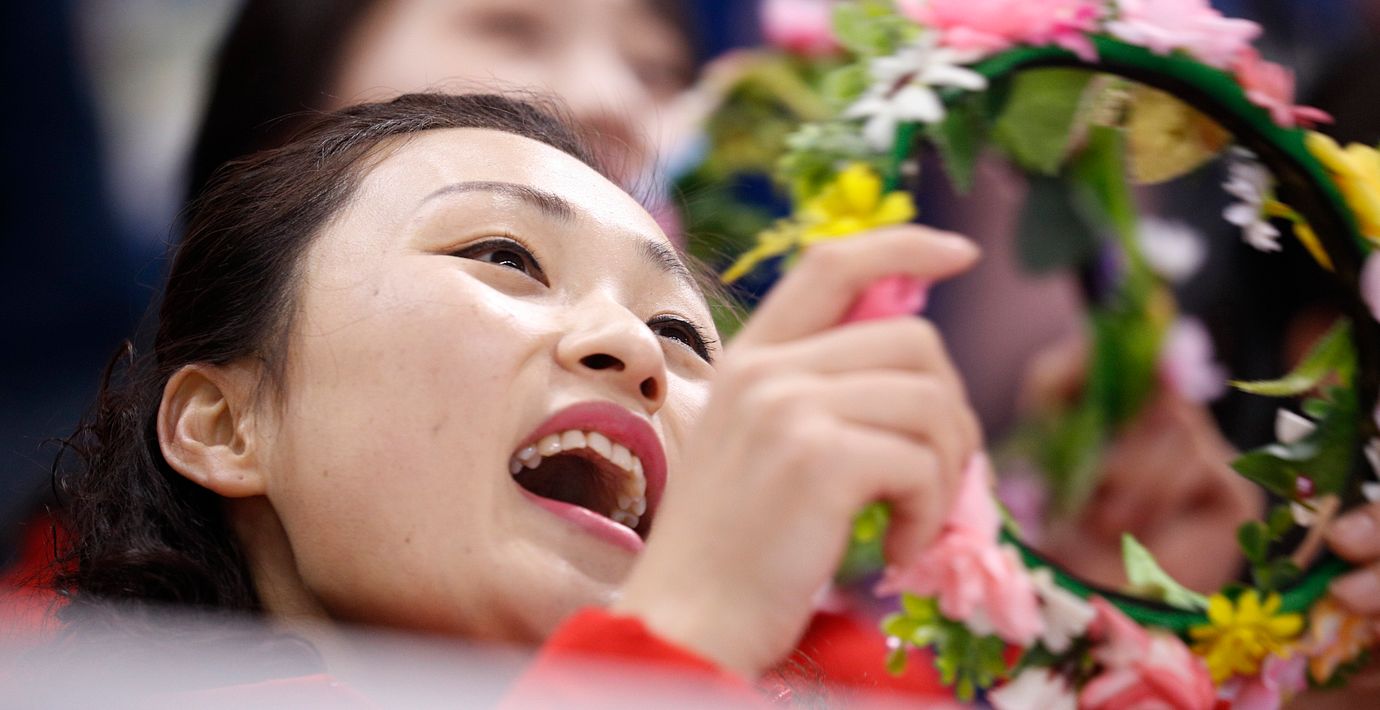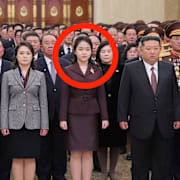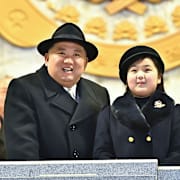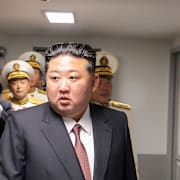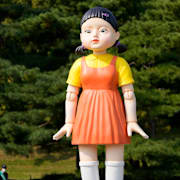bakgrund
Relationen mellan Sydkorea och Nordkorea
Wikipedia (en)
North Korea–South Korea relations (Hangul: 남북 관계; Hanja: 南北關係; RR: Nambuk gwan-gye; MR: Nambuk kwan'gye) are the political, commercial, diplomatic, and military interactions between North Korea and South Korea. These interactions extend from the division of Korea in 1945 following World War II to today. The 1950–1953 Korean War and the subsequent Korean conflict are major factors impacting the efforts to achieve peace and Korean reunification.
According to a 2014 BBC World Service Poll, 3% of South Koreans view North Korea's influence positively, with 91% expressing a negative view, making South Korea, after Japan, the country with the most negative feelings of North Korea in the world. However, a 2014 government-funded survey found only 13% of South Koreans viewed North Korea as hostile, and 58% of South Koreans believed North Korea was a country they should cooperate with.
According to a 2017 Korea Institute for National Unification, 57.9% of South Korean citizens had responded that unification is necessary. The number had declined as 62.1% of South Korean citizens thought unification is necessary in 2016. Among the respondents of the 2017 survey, 13.8% said 'we really need unification' while 44% said 'we kind of need the unification'. Regarding the survey question of 'Do we still need unification even if ROK and DPRK could peacefully coexist?', 46% agreed and 31.7% disagreed.
At the start of 2018, following Kim Jong-un's New Year message of lowering military tensions on the Korean Peninsula and improving ties with the South, relationship between the two countries has seen a major diplomatic breakthrough. On 2 Jan 2018, South Korea formally invited North Korea to 2018 Winter Olympics and offered high level talks to discuss about its participation on 9 Jan 2018, which the latter accepted. On 3 Jan 2018, North Korea reopened a border hotline with South Korea, restoring a channel of direct dialogue and signaling a possible thaw in relations.
